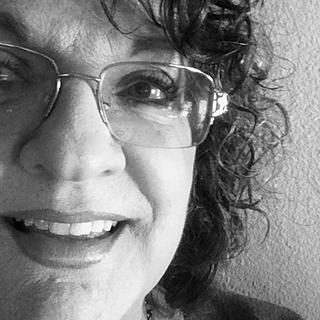Teaching Teens to Clean
- Susan Traugh
- Mar 27, 2023
- 2 min read

Cleaning up can be a difficult task to organize for any teenager, but it is even more overwhelming for teens with special needs. National Cleaning Week (the last week in March) is a perfect time to help teens organize a cleaning routine and create a plan to keep control of their environment. By creating a simple plan, teens can become cleaning experts.
Cleaning Can Feel Overwhelming to Teens with Special Needs
With clothes strewn all over their room, trash piled up everywhere and beds all askew, cleaning up a teen’s room can feel overwhelming. Teens with special needs may feel especially challenged as, often, organizational skills can be difficult for this group of kids. So, how do you help teens tackle the organization of cleaning?
Model Cleaning Behavior for Teens
Susan Traugh’s Daily Living Skills Series offers free videos modeling techniques necessary to clean different parts of the house. “Cleaning the Bedroom” is one of those videos and can be found here. This short video describes the To Be Clean method of cleaning where students begin at the Top and work to the Bottom in a Circle from one side of the room to the other in order to be sure to clean all surfaces of the room. By repeating this pattern in each room, students have an automatic organizing system that allows them to clean any room in a logical and easy-to-remember pattern.
Free videos in the program include:
How to Clean the Bathroom
Changing the Sheets
How to Clean the Bedroom
How to Clean the Kitchen
You Can Clean the Living Spaces
Download Free “Cleaning the Bedroom” Packet
Support and follow-up on the video by downloading this free “Cleaning the Bedroom” packet.
Students will explore hints to help them keep their rooms clean, a quiz to test for understanding, and a checklist to monitor their progress while cleaning their bedrooms.
Continue the Cleaning Unit
You can continue to work on cleaning skills with your students with the “Daily Living Skills Cleaning House” workbook. Or, expand your students’ skills with a combination unit employing “Doing the Laundry,” and “Washing Dishes” to offer teens a complete set of skills. Books are written on a 3rd/4th grade level and include grading sheets, answer keys and parent information letters to comply with federal standards for transition skills. The Teacher’s Manual (sold separately) provides information on program set-up and maintenance along with written ITP (Individual Transition Plan) goals for each book.









Comments